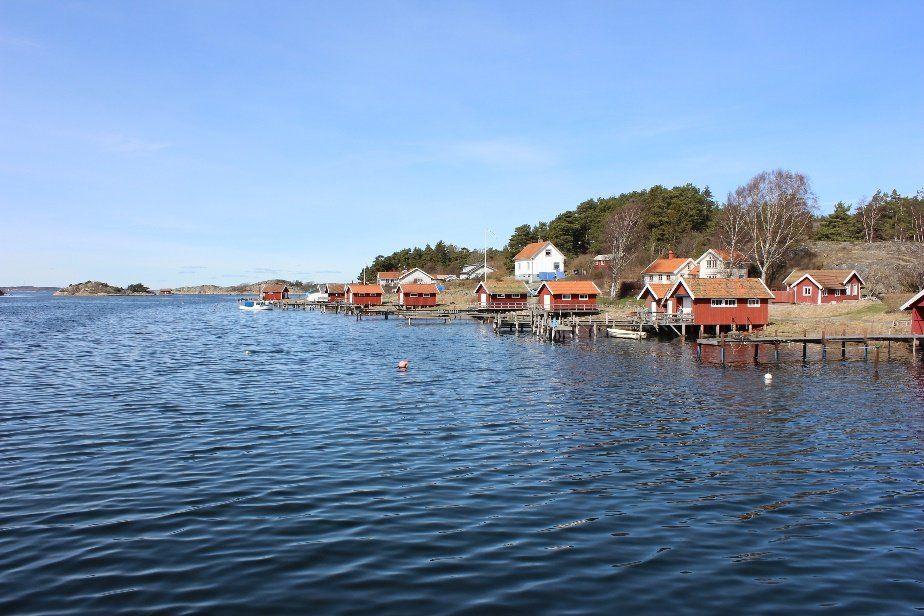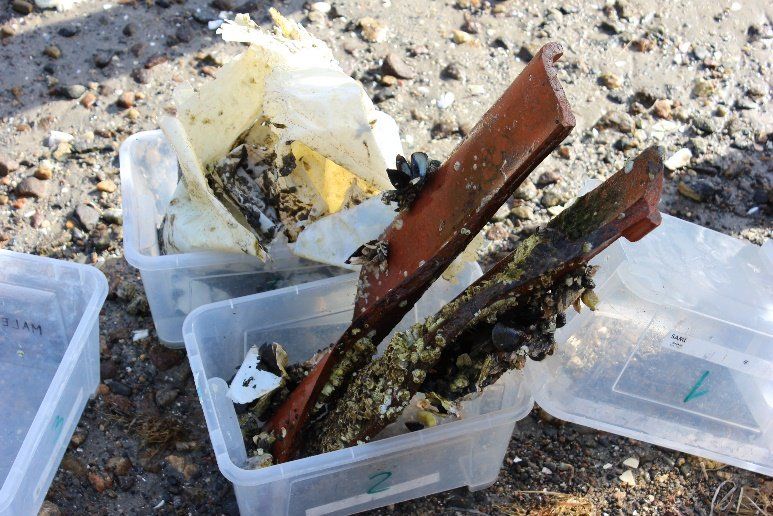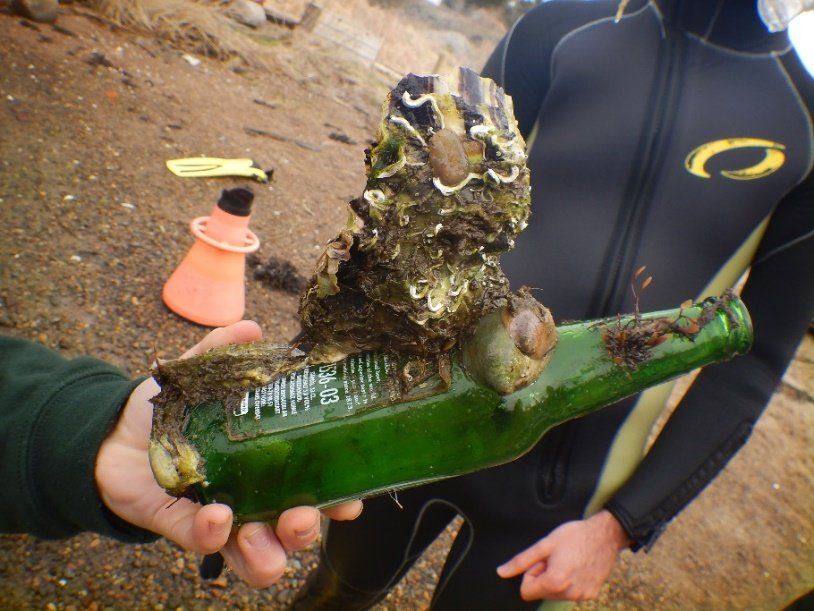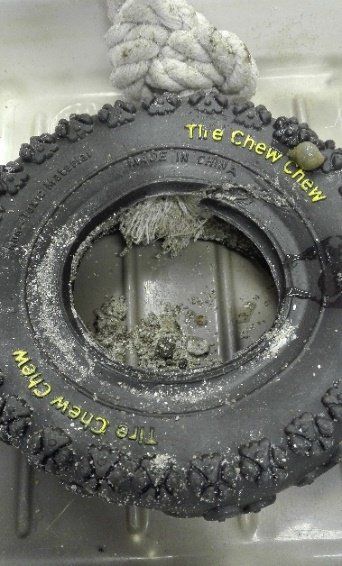Marine Litter as a potential transport for native and invasive species.
Human wastes are a recurrent problem all around the world, they come from many sources and end up in different shapes and sizes, but they can all have negative effects on our environment and even on our own health!
The part of human wastes that reaches the oceans is known as marine litter, which has become an ever-growing problem to marine and coastal environments, especially over the past few decades. Eukaryotic microorganisms, seaweeds and invertebrates have been found “hitchhiking” across the oceans on floating litter, which significantly increases the distance that these organisms can travel (Barnes, 2002).
Non-indigenous species (NIS) are organisms that do not occur normally in a given environment but found a way to establish themselves in new habitats. They can disrupt an ecosystem, change the local flora and fauna and, if they resist and adapt over time, can become invasive and decrease the local biodiversity (Hellmann et al ., 2008). Some studies have suggested that these exotic species seem to prefer artificial substrates over natural materials and could overgrow native species when attached to litter (Wasson et al. , 2005; Tyrrell and Byers, 2007), but these preference is not always clear.
A recent study made in Tjärno, Sweden, at the entrance of the Baltic Sea, explains the potential effect of marine litter as a transport vector for some marine organisms (García-Vazquez et al , 2018). Coastal litter and natural substrates (i.e. rocks) were collected from eight sites of different ecological conditions to characterize the communities of macro-organisms inhabiting these items. The study area was located inside the Kosterhavet National Park, only half of the sites had direct exposure to sea currents and the boat traffic in the area is mainly based on local fisheries, small ferries connecting the islands and the mainland, and sport sailing activities, which means that the area is relatively secluded and not over exposed to anthropogenic activities. Despite this, the amount of litter found on the coast was surprisingly big.
Plastics were the main contributor of marine litter, followed by ceramics, glass, metal and wood objects, but other items such as a truck tire, ropes and fabrics were also found, most of them containing a huge variety of marine life. Around 92 species of marine organisms were identified, the most abundant groups were molluscs and arthropods, and they were both more frequently found on litter; other taxonomic groups such as platyhelminthes and nematodes were present only on natural substrates, while other species were found on both substrate types (García-Vazquez et al , 2018).
Four non-indigenous (invasive) species were found in high densities on marine litter, and only two of them were also present in natural rocks. They were occupying different types of litter such as glass, metal, ceramic and plastic, and were preferentially attached to marine litter, agreeing with the suggestion that NIS prefer to inhabit artificial substrates (García-Vazquez et al , 2018).
This study shows evidence of the high density of organisms that marine litter can support, finding, contrary to expectations, significantly different and more diverse communities on litter than on natural substrates, and proposing that these artificial substrates could be representing a new habitat in the studied area. These results allow stating that marine litter can significantly alter the biotic composition of a coastal ecosystem, representing a shelter for native and invasive species. Furthermore, knowing the type of litter present in a region can be very useful for local risks assessments and for marine biodiversity conservation (García-Vazquez et al , 2018).
SHARE THIS ARTICLE


















